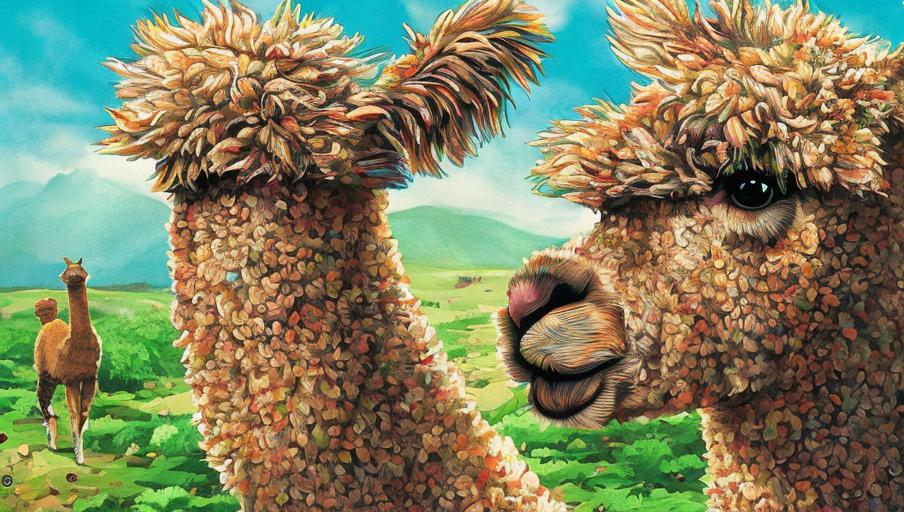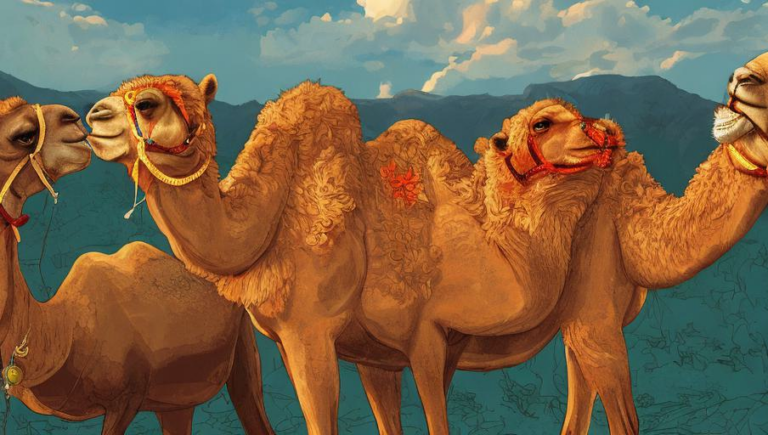Yielding to the Alpaca’s Diet

What is an Alpaca?
An alpaca is a species of South American camelid, closely related to the llama and the vicuna. They are members of the camel family, and are known for their luxurious wool and their docile nature. Alpacas are native to the highlands of the Andes mountains in South America, where they have been bred for their wool for centuries. Today, there are an estimated 3 million alpacas in the world, mostly found in Peru, Bolivia, and Chile.
Alpaca Diet
Alpacas are primarily grazers, eating grasses, herbs, and other vegetation. They tend to feed in the early morning and late afternoon in order to avoid the heat of the day. They also prefer to graze on short vegetation, such as grasses, rather than taller plants. Alpacas will also sometimes eat bark, leaves, and other parts of plants. They also have a very efficient digestive system, which allows them to get more nutrition from their food than other species.
Alpaca Nutrition
Alpacas require a balanced diet in order to stay healthy and strong. They need a diet that includes minerals, vitamins, protein, carbohydrates, and fats. Alpacas also need a diet that is high in fiber, as this helps to keep their digestion regular. The ideal diet for an alpaca should include hay, grass, grains, and legumes, as well as other foods such as fruits, vegetables, and nuts.
Alpaca Health Benefits
Alpacas are known to be very healthy animals, and they rarely suffer from any major illnesses or conditions. They have a strong immune system, and they rarely suffer from parasites or other diseases. Alpacas are also known to be very hardy animals and can survive in harsh climates. They are also very good at regulating their body temperature, which helps them to survive in cold climates.
Conclusion
Alpacas are a unique species of camel that have been bred for their luxurious wool for centuries. They are grazers, eating grasses, herbs, and other vegetation, and they require a balanced diet in order to stay healthy. Alpacas are also known to be very healthy animals, and they rarely suffer from any major illnesses or conditions. By providing them with the right diet, you can ensure that your alpaca stays healthy and strong for years to come.





